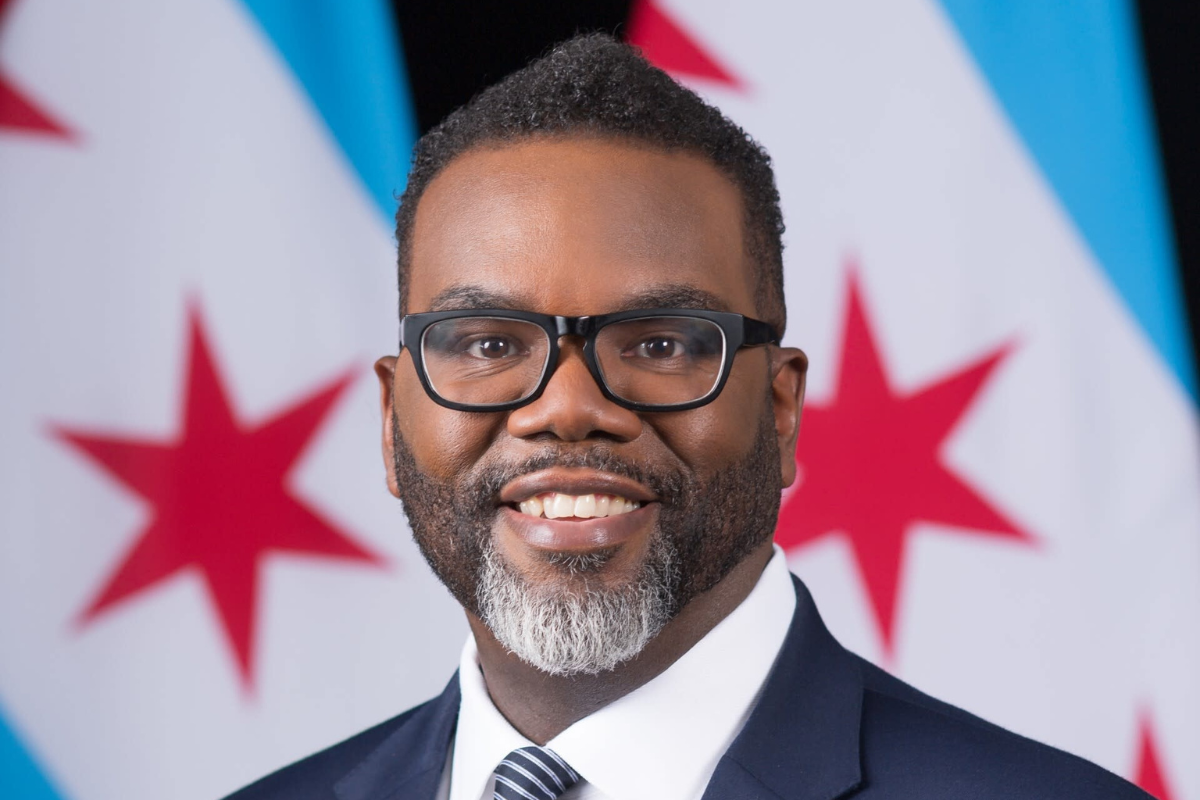The Mayor of Chicago showed us how to answer loaded questions without losing your voice.
When Brandon Johnson, Chicago’s mayor, was pressed about the late Assata Shakur after a Chicago Teachers Union sparked backlash for tweeting a tribute about her, he didn’t take the bait. Instead, he shifted the lens, offered context and stated clear truths. If you’re curious about what Brandon Johnson said, here’s the context.
Why Assata Shakur is in the news right now
Assata Shakur, a Black liberation activist who’s been living in exile in Cuba since 1984, recently passed away in Havana. The news was announced by Cuban officials and her family, which reignited long-running debates about her legal case and her legacy.
In Chicago, the CTU’s tribute post drew criticism from several city alders and state voices and prompted questions for Mayor Brandon Johnson.
What Mayor Brandon Johnson actually did
He addressed the question by shifting the lens:
- He zoomed out to provide context: Rather than engaging in a debate, Mayor Johnson contextualized the question by placing it in a longer historical arc, which illustrated (a) how Black political resistance has been framed, (b) who controls the narrative and (c) what counts as a “fair trial.”
- He tied her case to the present moment: Noting the country’s political and racial divide then, and the City of Chicago’s current efforts being made to address historical mistakes, he connected the past to the present without escalating the conflict.
- He honored lived experience without overclaiming: Calling Assata Shakur important in Black liberation acknowledges why she matters to many, while saying he cannot speak to anyone’s innocence avoids legal claims outside his lane. It’s precise language under pressure.
What this teaches us
This was a sharp but conscientious response from Mayor Johnson, and a reminder that you can still speak your truth, even in polarizing moments. Using his response as an example, we can:
- Refuse dehumanizing frames by recentering the conversation around rights, history and lived reality.
- Say what we know and what we don’t because clarifying the limits of our statements makes it so bad-faith actors have less to play with.
- Anchor to verifiable facts since dates, documents, public records and other receipts can easily be checked if necessary.
- And reject false binaries because multiple truths can be true at once.
So keep speaking out and keep speaking truths. Your words are a beacon of light.
In Memoriam: Assata Shakur (1947-2025)

Elder Assata Shakur’s legacy is one of courage and unwavering commitment to Black liberation. As a revolutionary, activist and cultural icon, she inspired generations to organize and move with purpose. Through her writing, especially Assata: An Autobiography, and her lifelong advocacy, she shaped political consciousness and offered a vocabulary of resistance and hope. Her passing marks the transition of a teacher whose example will continue to guide movements and freedom fighters for years to come.



